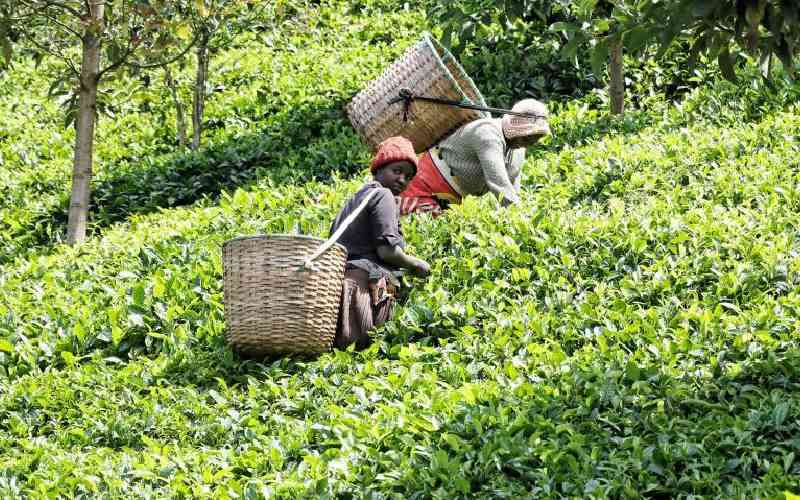×
The Standard e-Paper
Kenya's Bold Newspaper

Tanzania has introduced its inaugural online Tea Auction, which has opened up opportunities for regional farmers to access global tea markets.
The development poses a significant challenge to the Mombasa Tea Auction, as Tanzania emerges as a formidable competitor in the industry, analysts told The Standard yesterday.

